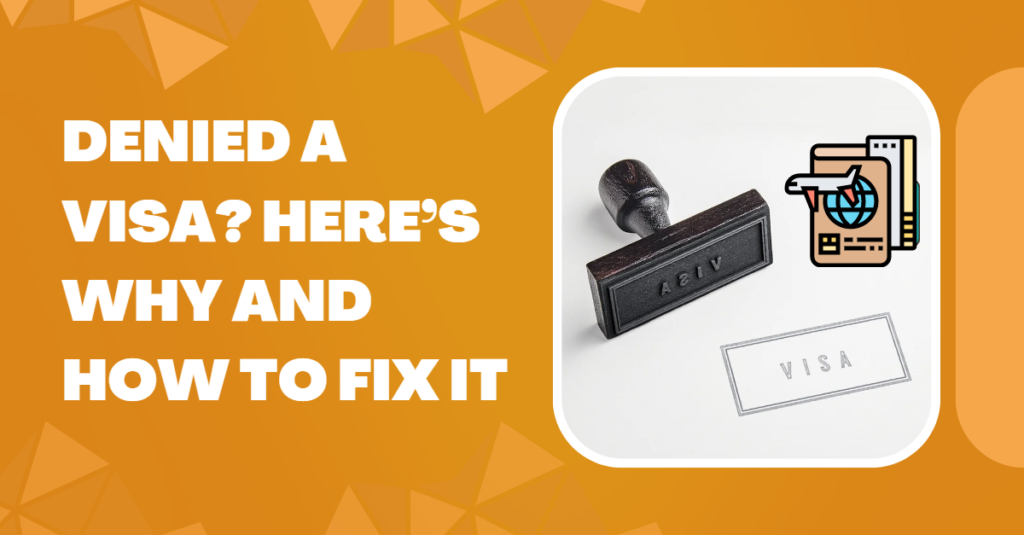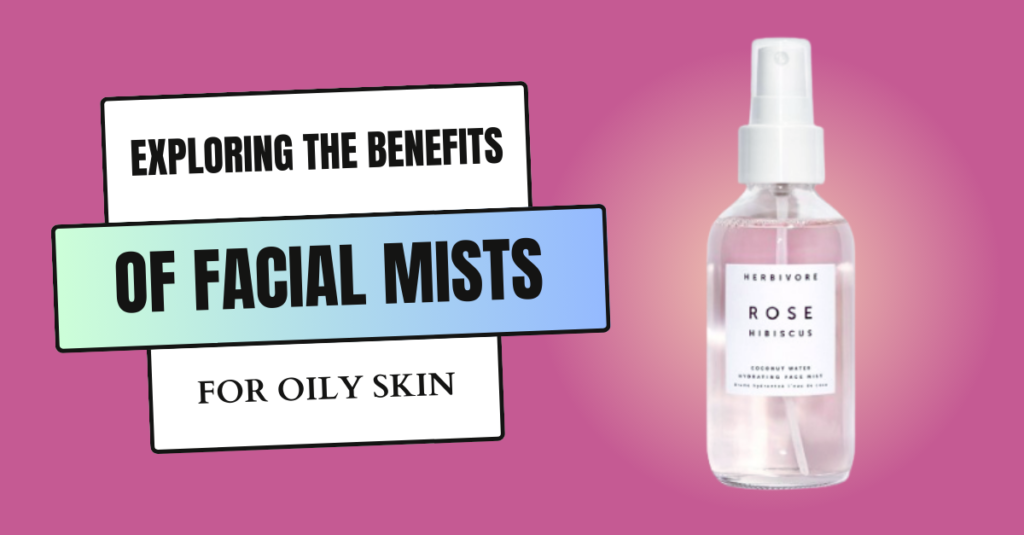Denied a Visa? Here’s Why and How to Fix It
If you’ve ever been denied a visa, you know how frustrating and disappointing it can be. Whether you were planning a family vacation or a business trip, having your visa application denied can be a major setback. But don’t lose hope just yet – there are steps you can take to fix the problem and increase your chances of getting approved.
In this article, we’ll explore the top reasons why visas get denied and offer practical tips to help you avoid these pitfalls. We’ll cover everything from incomplete applications and insufficient documentation to criminal records and inappropriate behavior during the interview process.
So, if you’re tired of being denied a visa, read on to discover why it happens and how to fix it.
Reasons for Visa Denials
- Incomplete Application
One of the most common reasons for visa denial is an incomplete application. It’s essential to read the instructions carefully and fill out every required field. If you’re unsure about a question, don’t leave it blank – provide as much information as possible. An incomplete application can give the impression that you’re not taking the process seriously or that you have something to hide.
- Insufficient Documentation
Another common reason for visa denial is insufficient documentation. Be sure to include all required documents, such as your passport, visa application fee, travel itinerary, and proof of financial support. If you’re missing any necessary documents, your application may be rejected.
- Criminal Record
If you have a criminal record, it’s essential to disclose it in your application. Failure to do so can result in a visa denial. Depending on the nature of the offense, a criminal record can be a red flag for immigration officials. However, having a criminal record doesn’t necessarily mean your application will be denied. You can improve your chances by providing additional information, such as evidence of rehabilitation.
- Medical Issues
If you have a medical condition that could pose a risk to public health, your application may be denied. You may be required to provide medical records or undergo a medical examination to prove that you’re not a health risk.
- Previous Overstay
If you’ve previously overstayed a visa, immigration officials may view you as a flight risk and deny your application. It’s crucial to be honest about any past visa violations and provide a valid reason for your overstay.
- Financial Issues
If you can’t demonstrate that you have sufficient funds to support your trip, your visa application may be denied. You’ll need to provide proof of income, such as bank statements or tax returns, to show that you can afford your trip.
- Inappropriate Behavior During Interview
During the interview process, it’s essential to be respectful and professional. Inappropriate behavior, such as arguing with the interviewer or making offensive comments, can result in a visa denial.
- Misrepresentation or Fraud
Providing false information or documents is a serious offense that can result in a lifetime ban from entering the country. Be truthful and provide accurate information in your application and interview.
Tips to Increase Your Chances of Visa Approval
- Preparation
Proper preparation is key to avoiding visa denial. Research the visa application process and requirements, and ensure that you have all necessary documents before submitting your application. Be honest in your application and provide as much information as possible.
- Presentation
Dress appropriately and arrive early for your interview. Be respectful and professional during the interview, and answer questions honestly and concisely.
- Interview
Listen carefully to the interviewer’s questions and provide clear, concise answers. Be prepared to explain any red flags in your application, such as a criminal record or past visa violations. Demonstrate your ties to your home country and explain your purpose for visiting the destination country.
- Seek Professional Help
If you’re unsure about any aspect of the visa application process, consider seeking professional help from an immigration lawyer or visa consultant. They can guide you through the process and provide valuable advice on how to improve your chances of getting approved.
- Provide Evidence of Strong Ties to Your Home Country
One way to improve your chances of getting approved is to provide evidence of strong ties to your home country. This can include a job offer letter, property ownership, family ties, or evidence of ongoing education.
- Demonstrate Your Financial Stability
If you’re concerned about your financial situation, take steps to demonstrate your financial stability. This can include showing evidence of regular income, having a stable job, or providing a letter of financial support from a family member or friend.
- Be Patient
Visa processing times can vary depending on the country, so be patient and allow enough time for your application to be reviewed. Don’t make any travel plans until your visa has been approved.
In conclusion, visa denials can be frustrating, but they’re not the end of the road. By understanding the common reasons for visa denials and taking steps to avoid them, you can improve your chances of getting approved. Proper preparation, professional presentation, and demonstrating strong ties to your home country and financial stability are all crucial steps in the process. If you’re unsure about any aspect of the visa application process, seek professional help from an immigration lawyer or visa consultant. With patience and persistence, you can get your visa application approved and enjoy your trip to another country without any hiccups.

My name is Rohit Vagh and I’m a content writer specializing in fashion and lifestyle. I have three years of experience in this field and have written various articles. My writing style is creative and engaging, and I strive to create content that resonates with my readers. I have a deep passion for fashion and am constantly researching the latest trends and styles to make sure my readers are up to date. I’m excited to continue my career in blogging, and I’m always looking for new opportunities in the fashion and lifestyle space.





